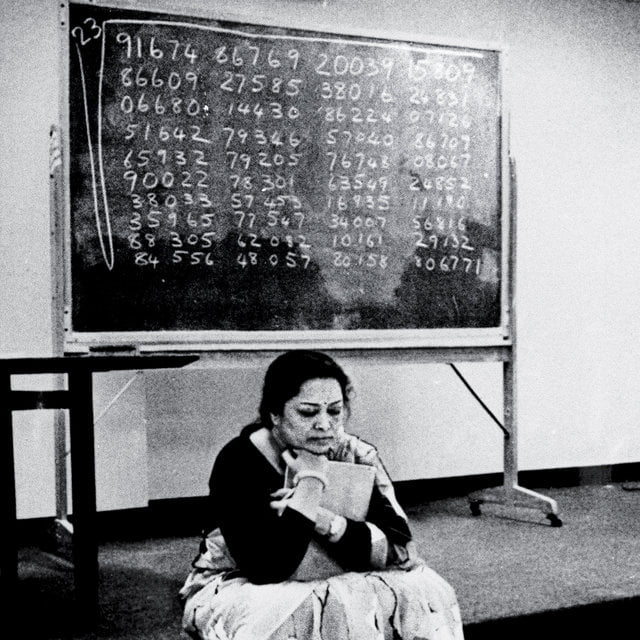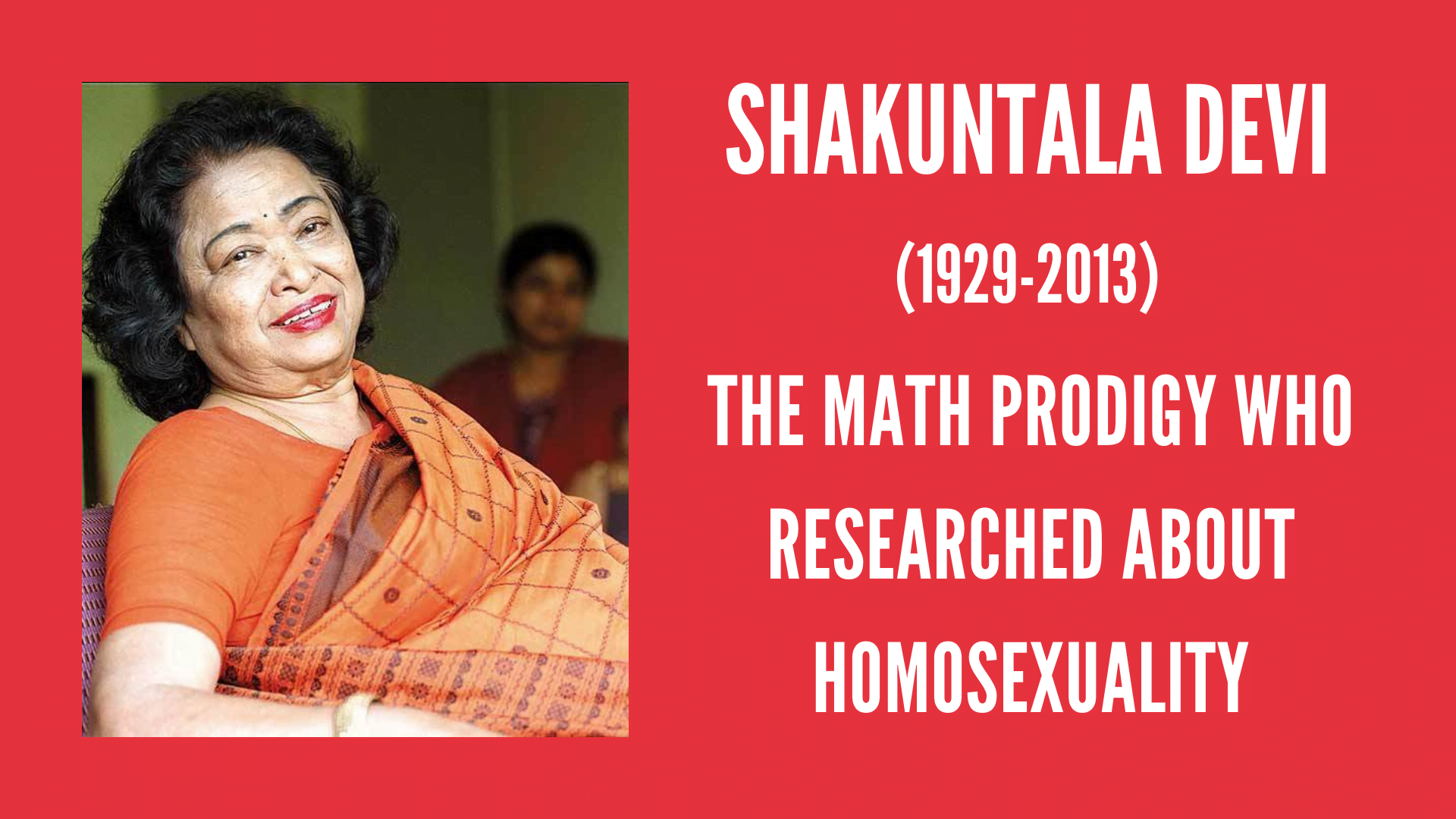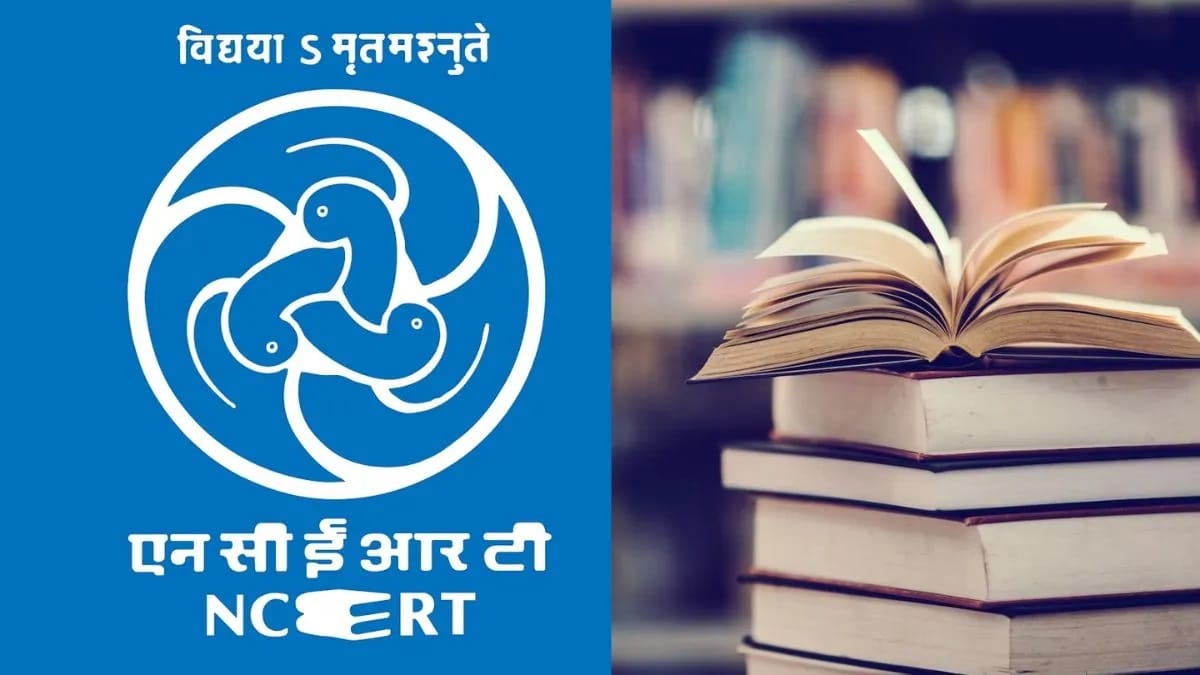Genius does not even cover it when one talks about Shakuntala Devi. A mathematician who took the world by a storm when she successfully performed the multiplication of two 13-digit numbers, mustered up randomly by Imperial College, London in 1980. Before the audience could register the numbers, the prodigy already had the 26-digit answer in 28 seconds, which led her to find a place in the Guinness Book of World Records in 1982.
Early Life
Shankuntala Devi was born on 4th November, 1929 in Bangalore. Belonging to a Brahman family, Devi’s father Bishaw Mitra Mani resorted to running away from his family to become a trapeze artist and found a place in the circus. It was during one of his post-performance quality time with his 3-year old daughter, that he came across her exceptional ability to memorise numbers, defeating him at card tricks.

Gradually indulging in road shows, Shakuntala Devi soon found herself moving to London with her father in 1944. Despite the lack of formal education, she could calculate cube roots at the age of five and soon became the breadwinner for her family, touring around India. Though she is famously known as the “human computer”, Devi had expressed her aversion towards the title, for she believed that humans possess a mind capable of doing greater things than a computer.
Before the audience could register the numbers, the prodigy already had the 26-digit answer in 28 seconds, which led her to find a place in the Guinness Book of World Records in 1982.
Career
Shankuntala Devi came into the forefront and started getting recognised for her astonishing skill when she started traveling with her father around the world. She toured around United States, Hong Kong, Japan, Sri Lanka, Italy, Canada, Russia, France, Spain, Mauritius, Indonesia and Malaysia, earning many gasps from the audience at her god-speed capability to solve complex arithmetic calculations. It was a sight to see her fail all technology of her times and reduce them to dust.
Her talent and potential did not go unnoticed by one of the professors at University of California, Arthur Jensen. With his specialisation in the fields of psychometrics and differential psychology, Jensen set up a meeting with Shakuntala Devi in New York, to analyse and study her unsurpassable calibre. In a journal written by him, known as “Speed of Information Processing in a Calculating Prodigy”, Jensen explains the methods he had used to observe Devi’s in-built calculator. In a demonstration at Stanford, Devi resolved the problems written on the blackboard in a jiffy, leading Jensen to write– “Devi solved most of the problems faster than I was able to copy them in my notebook.”
Her Return to India and Thesis on Homosexuality
After occupying the world stage, Shankuntala Devi came back to India in the middle of the 20th century. She soon got married to Paritosh Bannerji. However, Bannerji later disclosed to her about his sexual preference, which prompted Shakuntala Devi to undertake research on homosexuality in India.
Her book “The World of Homosexuals”, published in 1977 , discussed the discrimination and prejudice homosexuals were subjected to, worldwide. Packed with interviews from the community and her study on homosexuality, Devi explicitly called out against Section 377 and the unacceptable decriminalisation of homosexuality in India, by stating that, “On this level nothing less than full and complete acceptance will serve– not tolerance and not sympathy.”

THOUGH SHE IS FAMOUSLY KNOWN AS THE “HUMAN COMPUTER”, DEVI HAD EXPRESSED HER AVERSION TOWARDS THE TITLE AS SHE BELIEVES THAT HUMANS POSSESS A MIND CAPABLE OF DOING GREATER THINGS THAN A COMPUTER.
The book features interviews with “Venkata Subramaniam”, a senior company executive who narrates his self-discovery of homosexuality, and the double existence he plans to lead with his same-sex lover and the woman his parents have chosen for him. The second interview is with a young man who has come out to his parents by a way of explaining why he does not want to get married to a woman.
Shankuntala Devi has also interviewed Srinivasa Raghavachariar, head-priest of the Srirangam temple in Tiruchirapally district, who opines that same-sex lovers must have been opposite-sex lovers in a previous birth. The book also contains a critique and profound analysis of the existing literature on homosexuality. Even though her work went unnoticed during that period due to the stringent commitment of the masses and the Indian law to heteronormativity, it is one of the first attempts made at studying homosexuality in India.
In 1979, she and her husband decided on a divorce.
Also read: Bibha Chowdhuri: The Invisibilised Physicist| #IndianWomenInHistory
Astrology and Other Work
In 1980s, Shankuntala Devi indulged in offering astrological guidance and published a few books on the same. “Astrology For You” is a celebrated book in the field of astrology. Later, she was actively involved in setting up Shakuntala Devi Educational Foundation Public Trust for advancing and nurturing education in maths, philosophy, astrology and astronomy. Authoring several other books on mathematics for children and puzzles, her works have been inspiring and motivating for young children to discover the world of mathematics.
She had dipped her toes in politics as well in 1980s, when she contested again Indira Gandhi in the Lok Sabha Elections and stood ninth in the same.
Packed with interviews from the community and her study on homosexuality, Devi explicitly called out against Section 377 and the unacceptable decriminalisation of homosexuality in India

Achievements and Appreciation
Shakuntala Devi throughout her life, had been a recipient of innumerable honours and awards. Devi was honoured with the title ‘Most Distinguished Woman of the Year‘ by the University of Philippines in 1969. In the USA, she was awarded with ‘Ramanujan Mathematical Genius’ in 1988. In 2013, she received the Lifetime Achievement Award in Bombay, in 2013. In the same year, a Google Doodle was created and posted in her honour.
She has constantly sent out the message to nurture young minds by offering the right learning process and motivation to develop the innate strengths that are inherent in every child. Her timeline and portfolio has been engaging and stimulating for mathematicians, scientists, politicians and activists around the globe.
An excerpt from Jensen’s journal sums up Devi’s personal and professional convictions in life,
“Devi attributes her unusual career to ‘My love of numbers and my love of people.’ But then she immediately corrected this apparent slip of the tongue, ‘Oh, I should say it the other way around–my love of people and my love of numbers.’”
Also read: Kamala Sohonie: First Indian Woman To Get A PhD In Science | #IndianWomenInHistory
References
- India Today
- BBC
- Deccan Herald
- Live Mint
- Speed of Information Processing in a Calculating Prodigy By Arthur Jensen
About the author(s)
Swarna is a philosophy student with relatives who think she is pursing physiotherapy. Her music choice ranges from Annette Hanshaw to Justin Beiber(it’s a highly competitive playlist). Apart from that, she is mostly found rewatching In the Mood for Love , ordering stationary on Amazon and just scrolling through Swiggy. She is a sucker for masala chai, typewriters and anything written by Ismat Chughtai and Alan Ginsberg.




